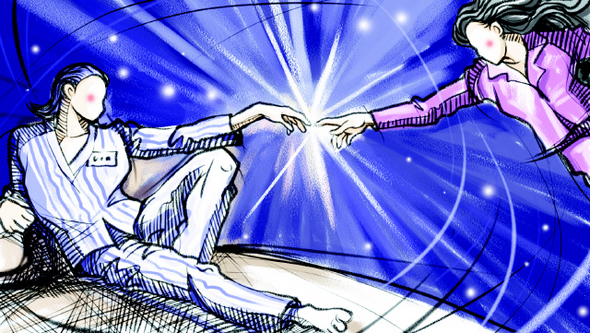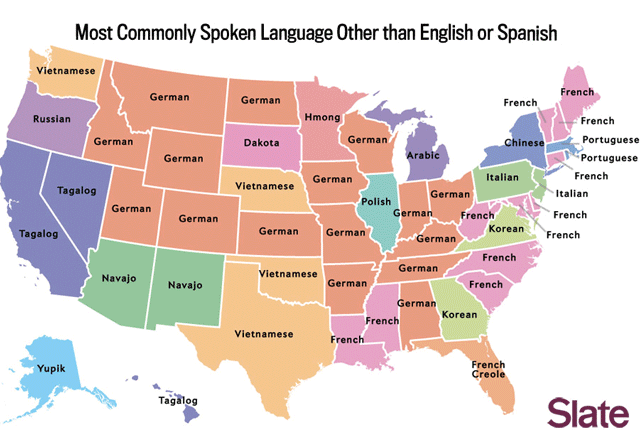Image via the Hankyoreh
The plot sounds almost too dramatic to be true. Four teen runaways are accused of killing another homeless girl and spend a year in prison for the crime. A higher court later overturns the conviction and rewards the teens hundreds of thousands of dollars in compensation. But here’s the kicker to this story: The runaways later seek out the individuals who helped them during their darkest days as accused killers and thank them with generous donations.
Indeed, this is exactly how the real-life story played out for four runaway teenagers in South Korea convicted of inflicting injuries on a 15-year-old homeless girl who was later found dead in Suwon, South Korea, in 2007. Cho and the other runaway teenagers pleaded innocent to the charges, but authorities and even the teens’ families did not believe them.
Three years later, the Seoul High Court found the four not guilty and cleared them of their crimes. Each recently received around $213,000 for their unjust imprisonment.
That’s when they called Lim Nak, the 41-year-old social worker, who counseled them during their jail time and told him they wanted to donate 10 percent of their compensatory reward to the welfare center where he works. According to South Korean daily Hankyoreh, one of them told Lim, “Thanks for believing in us. We want you to use the money for young people like us who feel lost or have financial problems.”
“These kids are in a difficult financial situation,” Lim said. “I doubt that I would have donated the money if it were me. We will talk about how we can use the money to provide scholarships for young people in need.”
The teens said they wanted to donate to the only people that cared for them. Their total donation of about $21,400 will go to a home for single mothers and the welfare center. In addition, they also donated about $5,800 to the Red Cross to benefit the families of the Danwon High School students who died in the Sewol ferry sinking.
“When we were arrested, we didn’t expect that the staff at the welfare center would believe our innocence,” one of the wrongly convicted teens, identified only as Cho, told Hankyoreh. She said she and the other three teenagers had written a letter to the welfare center from prison, professing their innocence and asking for the group’s help.
The staff at the welfare center then paid a visit to meet with the teenagers. After listening to their story, the counselors, led by the center’s directer Yu Sun-deok, spent the next three years supporting and helping them clear their names.
“It makes me angry that I went to prison at the young age of 18,” Cho said. “When I was arrested after running away, my father turned his back on me. I will never forget how the counselors paid attention to the stories of how hard our lives were.”









